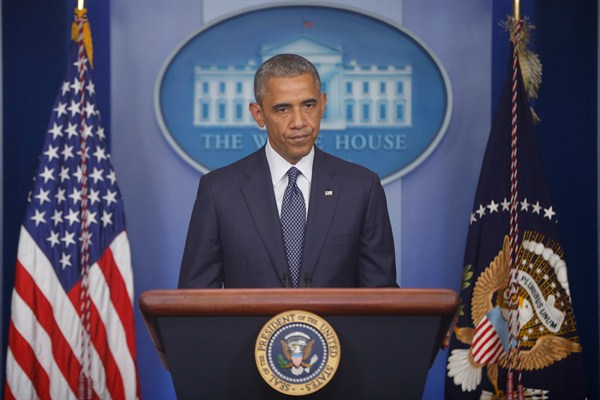During the years of George W. Bush’s presidency, members of the Democratic Party's foreign policy brain trust mocked his administration's invocation of "coalitions of the willing" as a way to legitimize U.S. action in the international arena. They even derided Bush's efforts to find other states to endorse U.S. policy as "coalitions of the billing." Once back in control of the Oval Office, they maintained, Democrats would be able to utilize the United Nations and leading regional organizations, starting with NATO, to generate genuine support on the part of other major countries to back U.S. initiatives.
Indeed, the first years of the Barack Obama administration seemed to fulfill those predictions. Simply by not being Bush, Obama enjoyed an early honeymoon with many European governments, with the exception, interestingly enough, of the Central European ex-Soviet satellites that had formed the core of what former Defense Secretary Donald Rumsfeld had termed "new Europe." Obama's first Summit of the Americas offered the possibility of a new-and-improved relationship with Latin America, particularly with Brazil, one of the emerging major powers of the Global South. His administration was bequeathed a fundamentally transformed U.S.-India relationship. More importantly, the reset in relations undertaken with then-Russian President Dmitry Medvedev led to a change in the tone and substance of U.S.-Russia relations.
From 2009 to 2011, Obama harvested the first fruits of the new approach. The first Nuclear Security Summit appeared to be a success, and key resolutions tightening sanctions on Iran and authorizing the creation of a no-fly zone to protect Libyan civilians passed in the U.N. Security Council.

